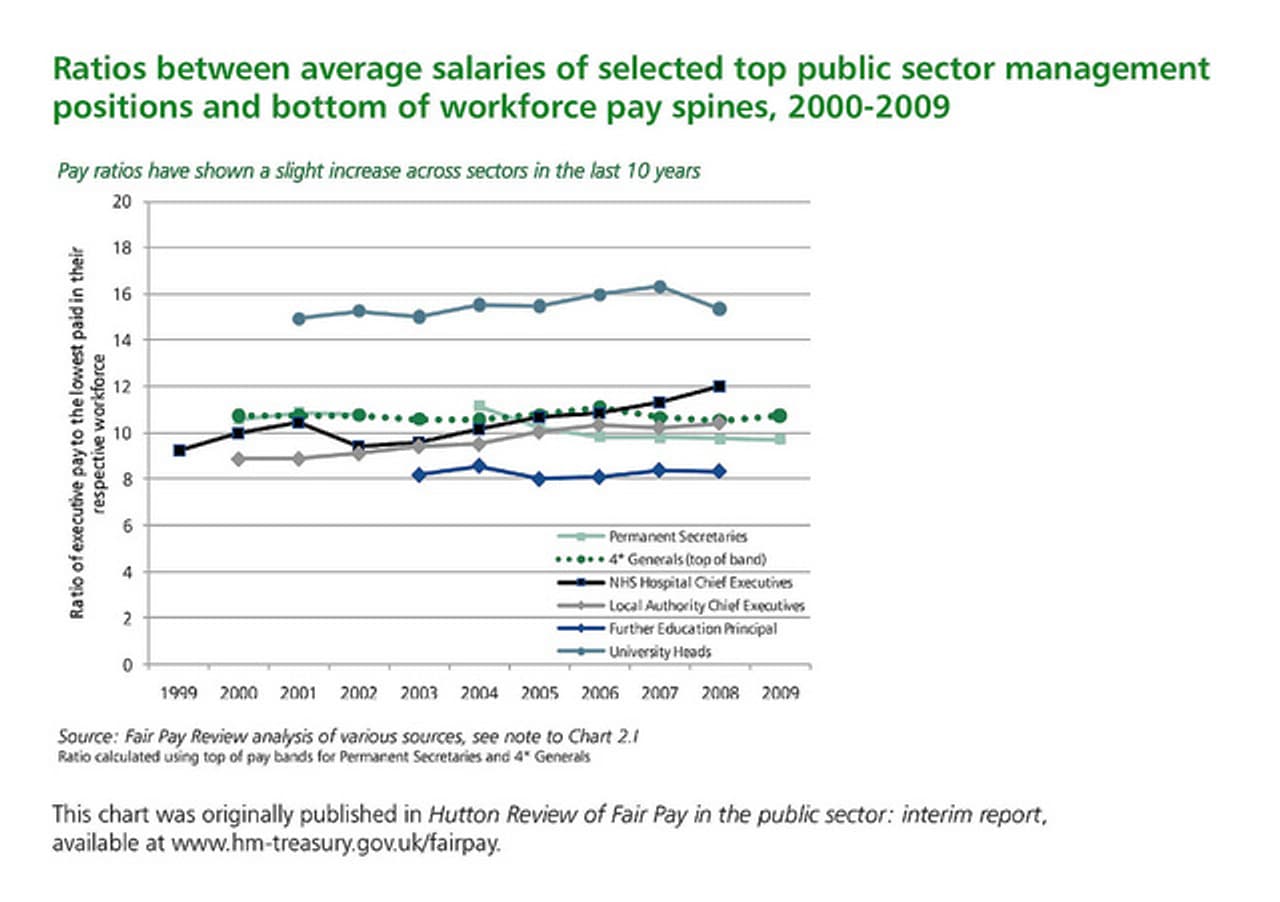
Hutton report fails to address the burning question
Will Hutton’s interim report published today on Fair Pay in the Public Sector fails to address the most important question on public pay – can we afford to still be paying six figure salaries to our public sector bosses in times like these?
The report does not take on the issue of how to deal with top pay any further than has already been done by the many other government reports commissioned to look at this issue.
Rather he just states the obvious. His report points out that salaries in the private sector far exceed the public sector. Hutton points to the fact that executive pay in FTSE 100 companies has more than doubled since 1999, but that should not be used as a justification for high salaries paid to top public servants.
The responsibility for determining pay scales in the two sectors lies in very different hands – executive pay in the private sector is determined by market forces and is the responsibility of shareholders, whereas executive pay in the public sector should be accountable to the shareholders i.e. the public.
Therefore using private sector salaries as a legitimate justification for the increase in top pay is misleading. Hutton highlights the fear that imposing a fixed cap on top pay could lead to an exodus of executive talent fleeing the public sector. But in these straightened times of job cuts and redundancies would this fear really manifest?
The report does not take on the issue of how to deal with top pay any further than has already been done by the many other government reports commissioned to look at this issue.
The report focuses on the introduction of a potential pay ratio – where no one earns more than 20 times that of the lowest paid worker. This was a pre-election concept of Cameron’s and as the report shows, is inherently flawed.
The implementation of an arbitrary ratio could lead to an increase in outsourcing of the lowest paid jobs to increase the bottom wage used to define the ratio, it could lead to wage inflation- pushing up top wages in companies where the current ratio is lower (it is typical for top public sector managers to earn around 10 to12 times those of their lowest paid staff) and it could also lead to an increase in payments by stealth, i.e. increase in intangible benefits but still paid for by the taxpayer.
We will not find out what recommendations Will Hutton will make on how to bring top pay back inline with the rest of the public sector until the final report is published next year. Given what has been published today, it is doubtful that the required measures, tailored specifically to curb the pay of senior managers and executives, will result from next year’s report.




